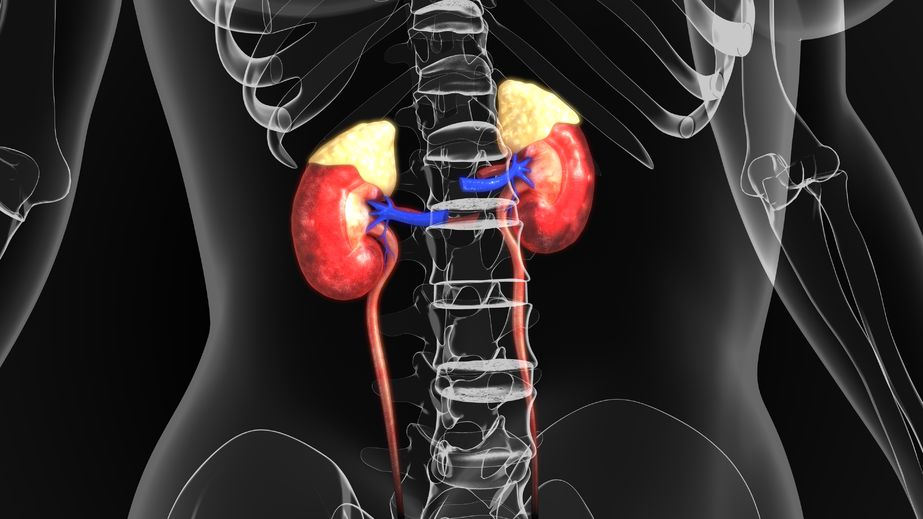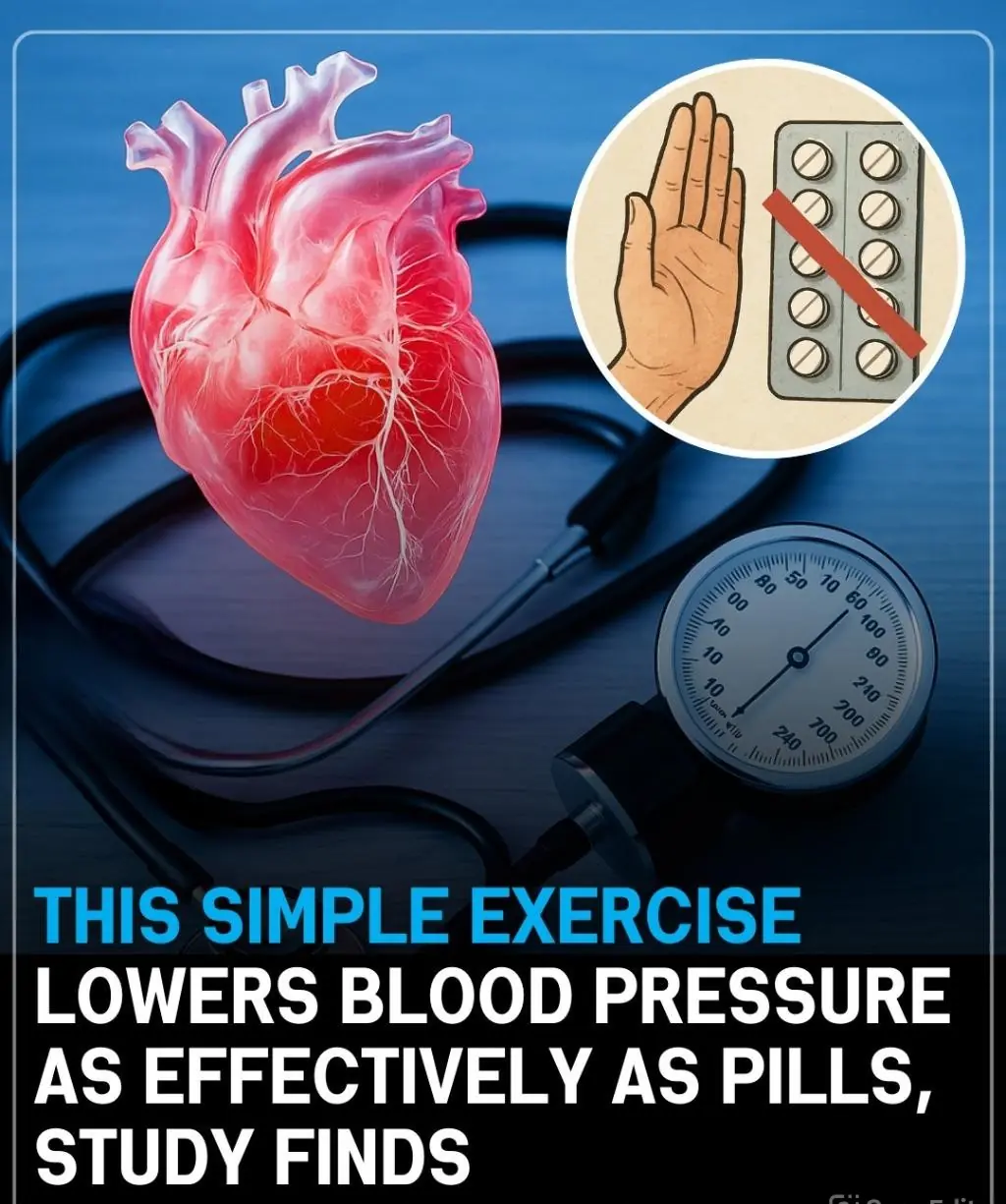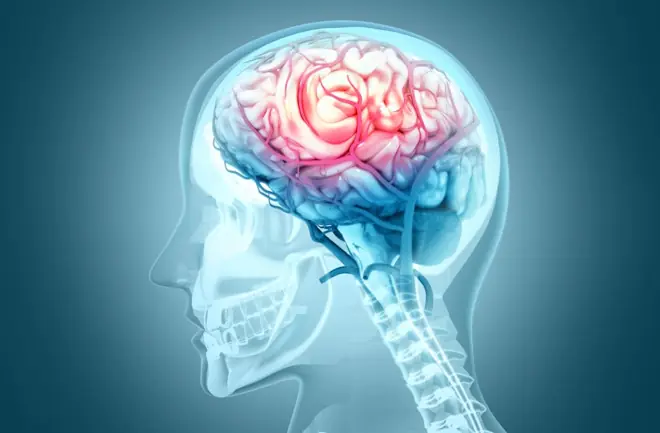
Recognize The Signs Of High Stress: 8 High Cortisol Symptoms
In today’s fast-paced world, stress has become a common part of daily life. While some stress can be beneficial by motivating individuals to meet deadlines or prepare for challenges, chronic stress can be harmful. One of the primary indicators of chronic stress is elevated levels of cortisol, the body's main stress hormone. Recognizing the symptoms of high cortisol can help individuals take steps to manage stress before it leads to more serious health problems. Below are eight common symptoms of high cortisol levels and how they affect the body.
1. Weight Gain, Especially Around the Abdomen
One of the most noticeable symptoms of high cortisol is unexplained weight gain, particularly around the belly. Cortisol can increase appetite and lead to cravings for unhealthy, high-calorie foods. Additionally, it affects fat distribution, often resulting in abdominal fat, which is linked to various health issues such as heart disease and diabetes.
2. Sleep Disturbances
High cortisol levels can significantly disrupt sleep. Normally, cortisol levels drop at night to help the body rest. However, in people with chronic stress, cortisol may remain elevated, making it difficult to fall asleep or stay asleep. Over time, poor sleep can exacerbate stress and contribute to a vicious cycle of fatigue and anxiety.
3. Persistent Fatigue
Even with enough sleep, individuals with high cortisol may still feel constantly tired. This fatigue stems from the body being in a constant state of "fight or flight," which drains energy over time. Unlike normal tiredness, this kind of fatigue doesn’t go away with rest and can affect daily productivity and mood.
4. Mood Swings and Anxiety
Cortisol directly influences brain function, particularly in areas associated with mood regulation. High levels of cortisol are often linked to increased feelings of anxiety, irritability, and even depression. Mood swings may become more frequent and intense, making emotional control more difficult.
5. Frequent Illness
Cortisol plays a role in regulating the immune system. While short-term increases can boost immunity, prolonged elevated levels can suppress it, making the body more susceptible to colds, infections, and slower recovery times. If you find yourself getting sick more often than usual, chronic stress and high cortisol might be a cause.
6. High Blood Pressure
Cortisol causes the narrowing of arteries and increases the heart rate, both of which contribute to high blood pressure. Over time, this can damage blood vessels and increase the risk of serious cardiovascular problems, including stroke and heart attack.
7. Difficulty Concentrating
Cognitive functions such as memory, focus, and decision-making can suffer when cortisol is consistently high. People may experience "brain fog," making it hard to concentrate or think clearly. This can affect both work performance and personal life.
8. Digestive Issues
Cortisol affects digestion by slowing down processes that are not essential in a fight-or-flight situation. As a result, chronic stress can lead to stomach discomfort, bloating, constipation, or diarrhea. Long-term stress is also linked to conditions like irritable bowel syndrome (IBS).
In conclusion, cortisol is a critical hormone that helps the body respond to stress, but when levels remain high for extended periods, it can negatively impact nearly every system in the body. Recognizing the symptoms of high cortisol is the first step toward better stress management. Whether through lifestyle changes, therapy, exercise, or relaxation techniques, reducing stress is essential for both physical and mental well-being. Paying attention to your body’s signals can help prevent more serious health issues and improve overall quality of life.
News in the same category


The moment you change your perception is the moment you rewrite the chemistry of your body

10 Cancer Warning Signs Women Often Overlook

Paralysed man stands again after receiving ‘reprogrammed’ stem cells

🌿 Unlock the Secret Power of Guava Leaves: Transform Your Hair, Skin & Health Naturally

🍯🌿 18 Benefits: Mix Ginger with Cloves and Honey, You'll Thank Me for the Recipe!

This Simple Exercise Lowers Blood Pressure as Effectively as Pills, Study Finds

From Causes to Cures: Everything You Need to Know About Fatty Liver

Symptoms of prostate cancer explained as study reveals how often men should ejaculate per month to prevent it

Why Skipping Breakfast Could Be Harming Your Health: Hidden Dangers You Need to Know

Recognizing the Warning Signs of a Stroke: Why Immediate Action Can Save Lives

Nurse Who Has Seen Over 100 People Die Reveals That Everyone Says The Same Thing Before They Pass

A 48-Year-Old Man Has Been Diagnosed With Stage 4 Cancer And Has Disclosed ONE Common Symptom That He Initially Overlooked

Deaths from six cancers are rising in men and women and symptoms mean they could be easy to miss

The five shocking things that happen to your body once you stop taking Ozempic

Barbara O'Neill: "I Pray You Never Eat These Foods Again"

👣 12 Surprising Ways Your Feet Reveal Early Signs of Liver Disease

‘It’s A Common Theme’: Cancer Doctor Shares What She Regularly Sees In Her Patients Early On

Morning Routines That Keep The Mind Sharp Well Into Your 70s, According To Psychology
News Post

My Neighbor Copied Everything I Did Until I Discovered the Heartbreaking Reason

I Blamed My Husband for His Meager Salary, Not Knowing He Spent Most of It on 2 Babies I Never Saw

My MIL Kept Bringing Her Towels and Sheets to Wash at My House – What I Found Out Left Me Speechless

Poor Man Compliments Woman with Gray Hair, Next Day She Comes to His Home with Engagement Ring

Doctor Raises Triplets after Mother Dies in Labor, in 5 Years Their Bio Dad Appears

My Neighbor Tried to Kick Me out of My Own Home, Until I Found a Note That Said 'You Need to Know the Truth About Your Husband'

Turmeric: The Golden Spice with Incredible Health Benefits

Why You Should Mix Cloves with Coffee: A Game-Changing Combo

Unusual Morning Signs That May Warn of Cancer Risk

The moment you change your perception is the moment you rewrite the chemistry of your body

10 Cancer Warning Signs Women Often Overlook

Paralysed man stands again after receiving ‘reprogrammed’ stem cells

🌿 Unlock the Secret Power of Guava Leaves: Transform Your Hair, Skin & Health Naturally

🍯🌿 18 Benefits: Mix Ginger with Cloves and Honey, You'll Thank Me for the Recipe!

This Simple Exercise Lowers Blood Pressure as Effectively as Pills, Study Finds

From Causes to Cures: Everything You Need to Know About Fatty Liver

Symptoms of prostate cancer explained as study reveals how often men should ejaculate per month to prevent it

Why Skipping Breakfast Could Be Harming Your Health: Hidden Dangers You Need to Know

Recognizing the Warning Signs of a Stroke: Why Immediate Action Can Save Lives
